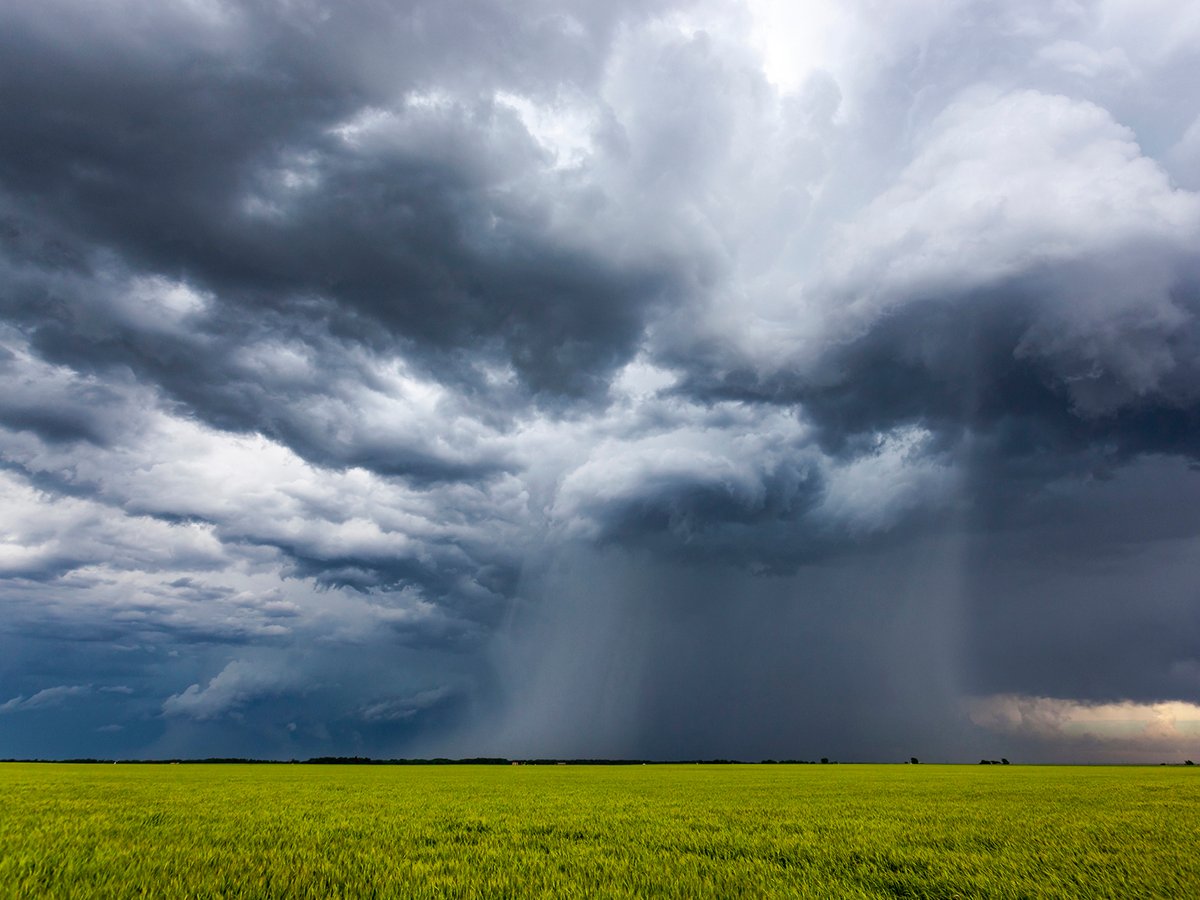Lacombe County officials have declared their central Alberta region
fusarium free until the provincial government can establish an
Alberta-wide fusarium policy.
“The County of Lacombe has implemented an interim policy of zero
tolerance for fusarium graminarium until we get further direction from
the province,” said Keith Boras, a Lacombe County agricultural fieldman.
The policy means corn and feed entering the county must have an
accompanying certificate declaring it fusarium free.
“It has to tested and declared free of the organism,” said Boras.
Read Also

Extreme rain increases as planet warms
In this issue, we are going to wrap up our look at extreme rainfall by examining the different weather patterns that tend to be associated with these rainfall events.
“There are a lot of producers that were concerned about bringing this
pest into Lacombe county. Everyone is sympathetic to the feeding
industry. But it puts everyone in jeopardy for a short-term bailout.”
Agricore United’s 150-car train of corn destined to arrive in Lacombe
county will not be allowed in.
Blair Rutter, with Agricore United, said the corn train has been
rerouted to other areas.
“We’re disappointed. We think they’ve really taken an unwarranted step.
We were quite prepared to adhere to the stringent guidelines set up by
the government,” said Rutter, who added the likelihood of fusarium
being spread was minimal.
He’s looking to the Alberta government to implement a province-wide
policy soon. Guidelines for handling grain possibly infected with
fusarium have been drafted but not implemented.
“We can’t have a situation where we’ve got a hodgepodge of rules
throughout the province.”
Shaffeek Ali, head of Alberta Agriculture’s pest risk management unit,
said Lacombe county officials are within their legal right to implement
a zero policy to manage fusarium, a declared pest in Alberta.
“What Lacombe has done is an excellent risk management strategy,” said
Ali.
The interim policy is the same as the tough provincial policy
introduced this spring by Alberta Agriculture that was later toned down
because of concerns it would jeopardize the feeding industry.
“This whole thing has dragged out because stakeholders’ concerns keep
coming and coming,” said Ali.
The final decision rests with Shirley McClellan, the province’s
agriculture minister.














